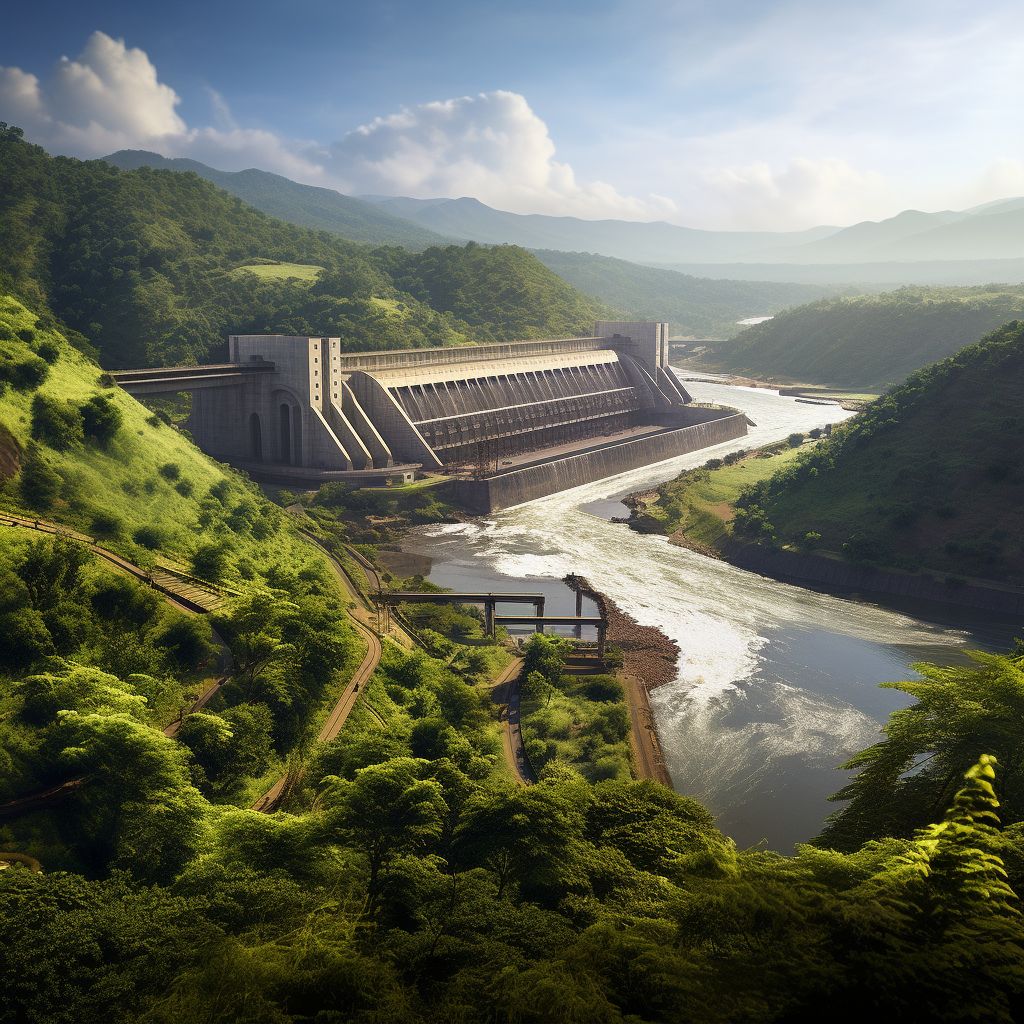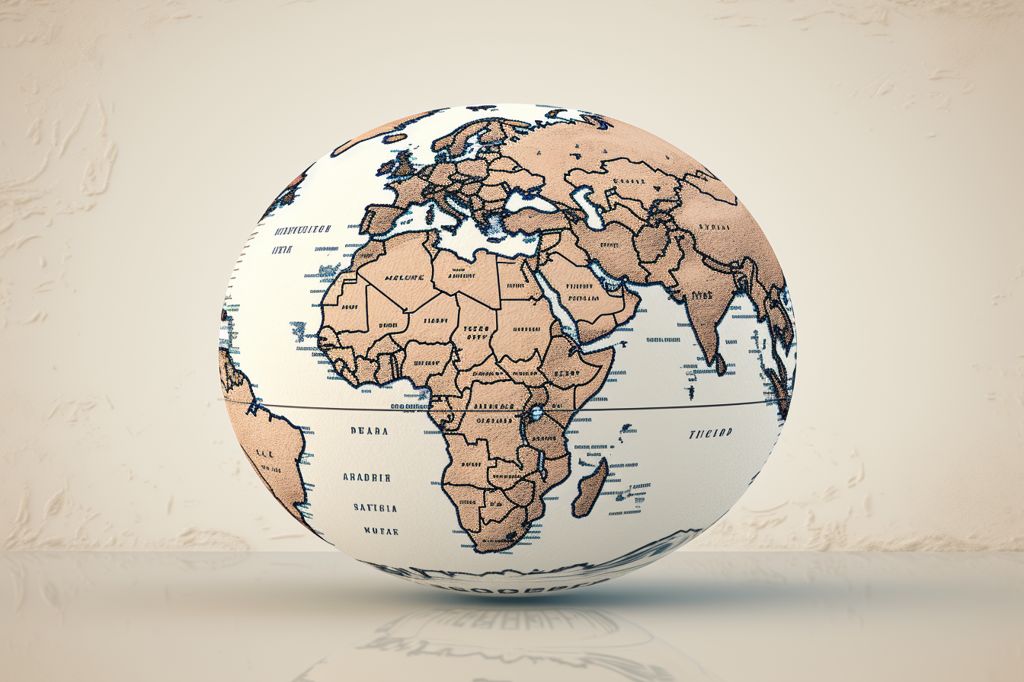The Grand Ethiopian Renaissance Dam (GERD) is a $4.2 billion project that has sparked conflicts among Nile Basin countries since its construction began in 2011. Ethiopia’s Deputy Prime Minister Demeke Mekonnen recently announced the fourth filling of the GERD reservoir, despite repeated calls from Egypt and Sudan to halt the process. This essay will explore the implications of the GERD on Nile Basin nations.
Concerns of Nile Basin Countries
Egypt and Sudan rely heavily on the Nile for their irrigation needs. As such, the dam’s construction has raised concerns about their access to the water source. While Ethiopia has assured its downstream neighbors that the previous fillings of the reservoir have not adversely affected them, Egypt views the dam as an existential threat.
The Importance of Diplomacy and Cooperation
The GERD has the potential to reshape the political and economic landscapes of the Nile Basin nations. Ethiopia’s determination to complete the project signifies its desire to assert itself as a regional power. However, this has also challenged the status quo and redefined the dynamics among Nile Basin countries.
While tensions have arisen due to the dam’s construction, it can also serve as a catalyst for dialogue and collaboration. The Addis Ababa conference on the Nile, attended by foreign ministers from several Nile Basin countries, was a positive step towards fostering a shared understanding and vision for the region’s future.
Challenges to Regional Consensus
The absence of Egypt and Sudan from the conference highlights the challenge of achieving regional consensus on the GERD. The ongoing conflict in Sudan has further complicated matters, resulting in thousands of fatalities and displaced people.
The Broader Context of the Nile Basin
The Nile has long been synonymous with the development of art, architecture, and agriculture in the region. Therefore, the GERD’s impact on the Nile warrants a comprehensive analysis that encompasses these critical aspects.
The GERD is more than just an infrastructural project; it represents a pivotal moment in the history of the Nile Basin nations. As Ethiopia continues with the dam’s construction, it is crucial for the region’s leaders to navigate this complex situation, balancing their nations’ interests and aspirations while seeking a peaceful, cooperative path forward.









